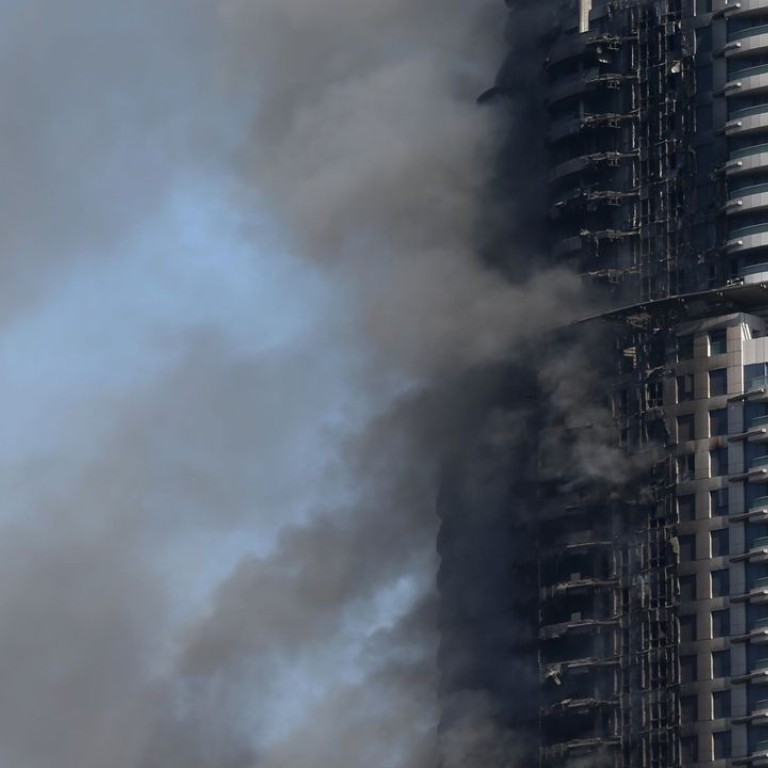
Letters to the editor, January 6, 2016
Revamping MPF is the way to go
Firstly, no pension scheme can survive without funding; and, secondly, with an ageing population, we cannot keep raising taxes and squeezing the middle class into extinction.
The Mandatory Provident Fund was brought in to provide for pensions; instead, it provided a new form of wealth to the MPF providers, mainly banks and insurance companies. That the scheme needs a major overhaul goes without saying, and the longer this is put off, the greater the disappointment will be.
In my opinion, the government should bring in two schemes: a “Basic Old Age Pension Scheme”, and an “Enhanced Old Age Pension Scheme”.
Half of all statutory payments paid into the MPF would immediately be diverted to the basic scheme. This would be held by the government. In addition, for the next 10 years, the government would match the payments with, say, HK$500 for those who have no MPF. The remainder of the contributions would be channelled to an enhanced scheme.
There are a number of reforms necessary and I will not go into details here. I believe that if we put in place two separate schemes, the basic scheme should be able to provide HK$4,000 for each without means testing and the enhanced scheme – the new MPF – could be drawn in a lump sum or added to monthly payments from the basic scheme.
It would be ridiculous to try to run a pension scheme without a dedicated funding system, or to raise taxes against the same group of people, or to bring in a scheme to do what the MPF was intended to do.
Jeffrey Owen Herbert, Tai Po
Higher taxes a fair way to pay for retirement
Retirement protection has become a hot topic, with Hongkongers debating now whether means testing should be included. I don’t think it should be.
A pension scheme will not only help alleviate poverty but also compensate for the time and effort retirees put into building our society. The meaning of having a pension should not be neglected.
Implementing universal retirement protection may burden government finances. We can raise taxes to ease this problem, though it should not be the only measure taken.
If I were to put myself in the shoes of the working poor, if a pension scheme could ensure I have an adequate livelihood after retirement, I don’t mind paying more taxes while I am still able to work.
A universal scheme should be seriously considered by the government.
Carol Mo Ka Wai, Tseung Kwan O
Only thing lacking is political will
For a city that has no issue funding bridges that no one asked for, or bailing out profit-making organisations that fail to meet budgets or cultural centres which vacuum up funds with scant regard to delivering the promised product, there should be no delay in delivering to our elderly their right to enjoy their old age with dignity and grace.
Age will not weary them, nor the years condemn but our government just might!
Mark Peaker, The Peak
Raise price of air travel to curb emissions
Expensive conferences and big international meetings will not do much for our environment – if anything at all – other than filling the newspapers.
Can somebody calculate for me – how many airplanes are up in the sky at any given time? Each of these planes carries 100 to 150 tonnes of kerosene, and will not land before most of it is blown out into this so-fragile atmosphere in the form of emissions.
And air fares have declined continuously over the last 40 years or so. If anybody really means it: please quadruple the air fares, so as to reduce the largely unnecessary traffic.
This will of course ruin a number of industries. But something has to “go” if we really mean it – and not only indulge in talking about it!
Roland Guettler, Lai Chi Kok
Dubai fire a lesson to all cities
The accident happened while citizens and tourists in Dubai were looking forward to the new year. Fortunately, no one lost their lives and the injuries were limited.
However, the hotel should have ensured it had in place efficient alarms, an automatic sprinkler system and an effective system of emergency response. One visitor at the Dubai hotel reported hearing no alarm go off.
A defective alarm system could lead to death and injuries in the event of an emergency. The government and the hotel owner should cooperate and have regular checks to ensure the system’s effectiveness.
According to reports, the situation that night was chaotic. The hotel could have better directed the people to safety. It is important to have well-trained staff who can guide hotel guests to the exit.
I think the fire serves as a warning to governments all over the world. It is important for us to prepare ourselves well to respond to any disaster.
Lee Wing Yu, Yau Yat Chuen
China will gain from looser internet control
More control can make it easier to prevent crimes such as online fraud and terrorism. From the point of view of social stability, controlling people’s access to information may also reduce social discontent.
However, tight control curbs people’s freedoms. They know only half-truths. Besides, without links to the outside, Chinese people will find it hard to understand foreign cultures. The Chinese government should learn from Western countries on how to balance social stability with people’s rights.
Lydia Wong, Kowloon Tong

